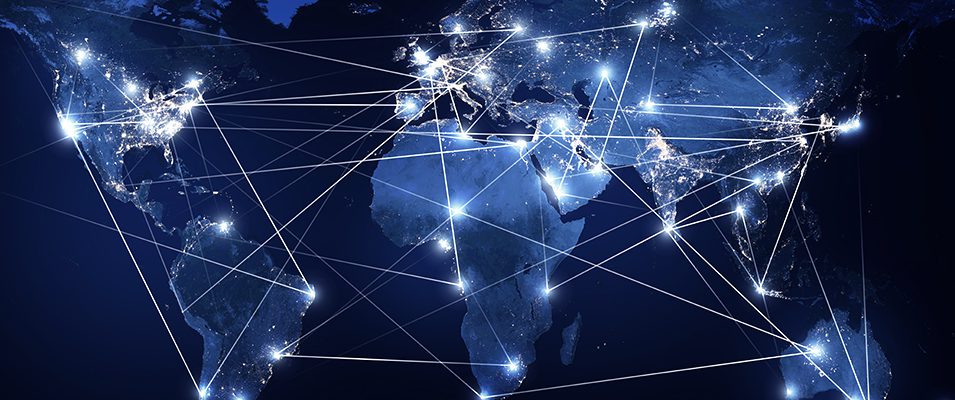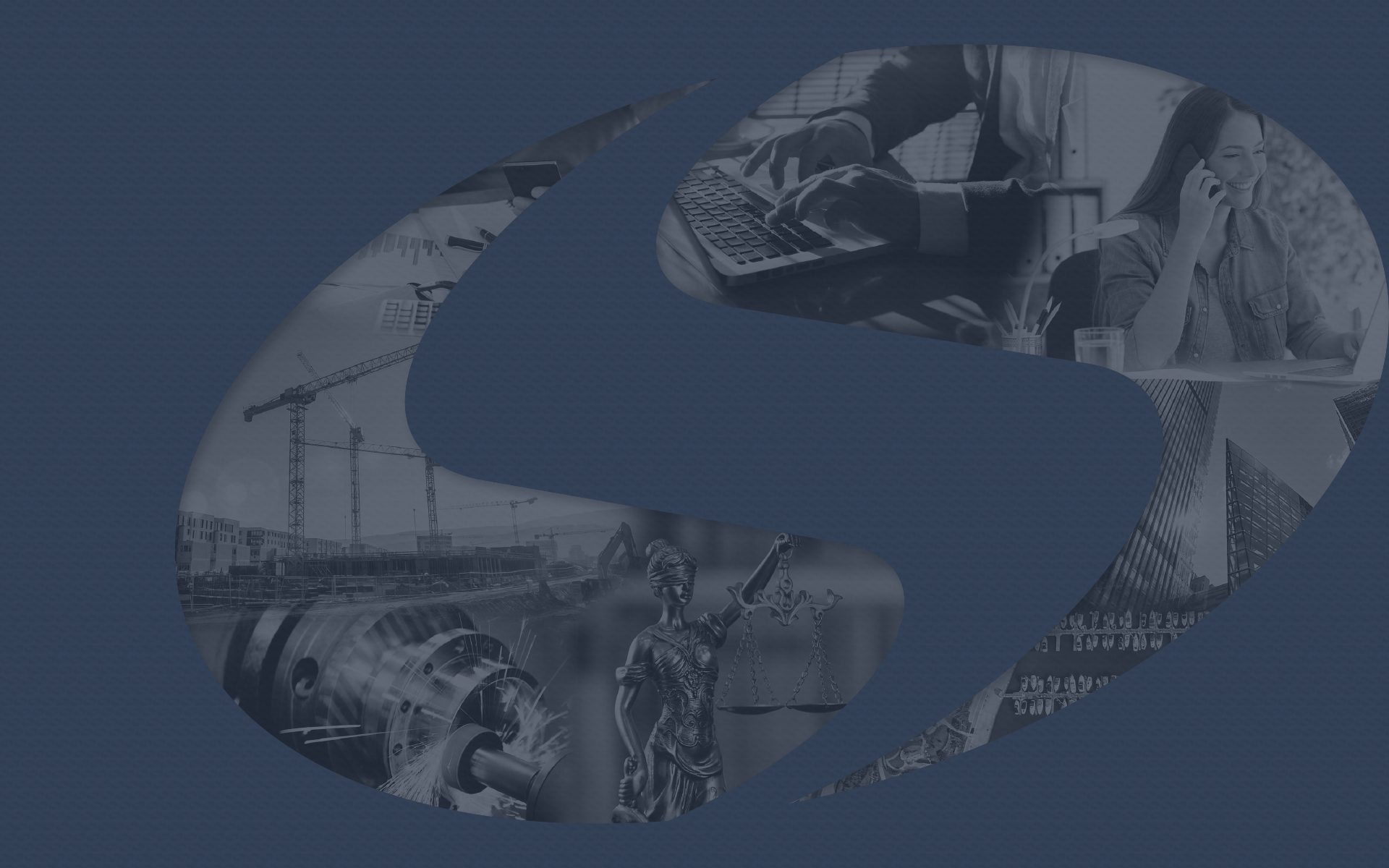
02 Mar What is ACH Fraud?
What is ACH Fraud? Protecting Your Business with Sunwest Bank
ACH fraud, a growing threat in the financial world, refers to the unauthorized use of the Automated Clearing House (ACH) network to steal funds. As the central clearing facility for all Electronic Fund Transfer (EFT) transactions in the United States, the ACH network is a vital component of the national banking system. Unfortunately, its critical role also makes it a prime target for cybercriminals.
Understanding ACH Fraud
What is ACH Fraud?
ACH fraud occurs when criminals exploit the ACH network to transfer money from bank accounts illegally. This fraud can affect commercial and retail customers, leading to significant financial losses and operational disruptions. Common tactics include accessing bank account credentials, manipulating ACH files, and leveraging transaction time lags to their advantage.
Examples of ACH Fraud
Commercial Customer Credential Theft
One prevalent method involves criminals obtaining a commercial customer’s credentials, generating an ACH file in the originator’s name, and swiftly withdrawing funds before the victim notices. This type of fraud can have devastating consequences for businesses, draining bank accounts and compromising financial stability.
Retail Customer Exploitation
Criminals may also target retail customers by accessing their bank routing number and other account credentials and setting themselves up as automatic bill pay recipients. This allows them to siphon funds regularly without raising immediate suspicion.
Insider Threats
In some cases, ACH fraud is perpetrated by insiders. An employee of the target company or financial institution may alter ACH files to steal money, leveraging their access and knowledge of internal systems.
Check Kiting Variations
Another variation on traditional check kiting involves criminals exploiting the time lag in ACH transactions. By juggling funds between accounts at separate financial institutions, they can temporarily inflate their victim’s bank account and withdraw money before the deception is uncovered.
Spear Phishing Scams
Spear phishing ACH scams are another common tactic. Here, an employee with ACH transaction authorization receives an email leading them to an infected site. The site installs a keylogger, capturing authentication information and allowing the thief to impersonate the company’s representative to withdraw funds.
Key Questions About ACH Fraud
Can ACH Payments be Traced?
Yes, ACH payments can be traced. Financial institutions have systems to monitor and trace transactions through the ACH network. This traceability helps identify unauthorized transactions and recover stolen funds.
Can an ACH Transactions be Disputed?
ACH payments can be disputed if they are unauthorized or incorrect. Bank account holders should promptly notify financial institutions of suspicious or erroneous transactions. The institution will then initiate an investigation and work to resolve the issue.
How Do I Stop Unauthorized ACH Payments?
To stop unauthorized payments, take the following steps:
- Monitor Account Activity: Regularly review bank account statements and transaction history to detect suspicious activity.
- Use Strong Passwords: Ensure passwords are complex, unique, and changed frequently.
- Restrict Access: Limit access to computers used for ACH transactions to authorized personnel only.
- Update Security Measures: Keep firewalls and antivirus software up-to-date to protect against malware and phishing attacks.
Can You Get a Refund on ACH Payments?
A refund is possible if an unauthorized transaction is found on an ACH payment. Financial institutions will work with customers to reverse fraudulent transactions and restore funds to their accounts.
Protecting Your Business from ACH Fraud
Implement Strong Security Practices to prevent ACH fraud
At Sunwest Bank, we recommend implementing robust security measures to help companies prevent ACH fraud. These include:
- Multi-Factor Authentication (MFA): Enhance bank account security by requiring multiple verification forms.
- Regular Audits: Conduct regular audits of your ACH transactions and security protocols to identify and address vulnerabilities.
- Employee Training: Educate employees about the ACH fraud risks and train them to recognize and respond to phishing attempts and other fraudulent activities.
Secure Payment Processes
Ensuring the security of your payment processes is crucial to prevent ACH fraud. Sunwest Bank recommends comprehensive solutions to secure your ACH transactions, including:
- Encryption: Encrypt sensitive data to protect it from unauthorized access during transmission.
- Tokenization: Replace sensitive information with unique tokens that can only be interpreted by authorized systems.
- Access Controls: Implement strict access controls to limit who can initiate and approve ACH transactions.
Sunwest Bank’s Fortress Checking Account
All of the previously listed steps are necessary measures that every business should take to prevent ACH fraud, and most can be done quite easily without too many additional resources. We took our own advice and made it even easier for you to stay protected from automated clearing house fraud with our new Fortress Checking Account for Businesses.
Our Fortress Checking Account offers positive pay with ACH fraud solutions, fraud prevention with wire tokens, cybersecurity training, and multi-factor authentication so businesses can have peace of mind with enhanced security and tools. All of these are practices your business should be implementing no matter what, but let us help take the burden off your team and give you confidence in your banking.
Best Practices for ACH Fraud Prevention
Protecting your business from ACH fraud requires a proactive approach and the implementation of best practices:
Monitor Account Activity
Regularly reviewing bank account balances, statements, and transaction histories can help you detect any unauthorized ACH transactions early. Sunwest Bank offers tools to automate this process, ensuring that you are always informed about the status of your accounts.
Educate Employees
Employee education is crucial in preventing ACH fraud. Regular training sessions on recognizing phishing attempts, secure password practices, and the importance of reporting suspicious activities can significantly reduce the risk of fraud.
Strengthen Internal Controls
Implementing internal controls such as dual control for ACH transactions, where two individuals are required to authorize a transaction, can prevent unauthorized activities. Sunwest Bank provides guidance on establishing and maintaining these controls effectively.
Update and Maintain Security Systems
Ensure that your cybersecurity measures, including firewalls, antivirus software, and intrusion detection systems, are up-to-date. Regularly updating these systems can protect your business from evolving threats.
Additional Measures to Enhance Security
Cybersecurity Insurance
Consider investing in cybersecurity insurance as an added layer of protection. This type of insurance can help mitigate the financial impact of ACH fraud and other cyber threats. Sunwest Bank can recommend reputable insurance providers offering comprehensive coverage tailored to your business needs.
Regular Risk Assessments
Conducting regular risk assessments is vital in identifying potential vulnerabilities within your organization. These assessments should include evaluating your IT infrastructure, employee practices, and security measures.
Incident Response Plan
Developing a robust incident response plan ensures your organization is prepared to act swiftly in an ACH fraud incident. This plan should outline the steps immediately following a suspected fraud, including notifying the appropriate authorities and contacting your financial institution. Sunwest Bank can assist in creating a customized incident response plan for your business.
Vendor Management
Third-party vendors can pose a significant risk to your ACH security. It’s essential to perform due diligence when selecting vendors and establish strict security requirements for any third parties with access to your financial systems. Regularly review and monitor your vendors’ security practices to ensure they meet your standards.
Partnering with Sunwest Bank
By partnering with Sunwest Bank, you can leverage our expertise and advanced security solutions to protect your business from ACH fraud. Our team is dedicated to helping you implement the best practices and technologies to safeguard your financial transactions. We offer personalized support and resources to address your unique needs and challenges.
Comprehensive Fraud Prevention Services
Sunwest Bank recommends a wide range of fraud prevention options designed to protect your business, including:
- Fraud Risk Assessment: Get a thorough evaluation of your current fraud risk and recommendations for improving your security measures.
- Employee Training Programs: Look into customized training sessions to educate your staff on ACH fraud prevention and detection.
- Transaction Monitoring: Real-time monitoring of your ACH transactions to detect and respond to suspicious activities.
- Incident Response Support: Get assistance in developing and implementing an effective incident response plan.
Why Choose Sunwest Bank?
Expertise and Experience
With years of experience in the financial industry, Sunwest Bank has the knowledge and expertise to help you navigate the complexities of ACH fraud prevention. Our team stays current with the latest trends and threats, ensuring that you receive the most effective protection available.
Commitment to Customer Service
At Sunwest Bank, we prioritize our customers’ needs and strive to provide exceptional service. Our dedicated support team can always answer your questions and assist when needed.
Advanced Technology
We leverage the latest technology to offer state-of-the-art fraud detection and prevention solutions. By staying at the forefront of technological advancements, we ensure your business is protected against the latest threats.
Conclusion
ACH fraud poses a significant threat to businesses and individuals alike. However, by understanding the risks and implementing robust security measures, you can protect your assets and ensure the integrity of your financial transactions. Sunwest Bank is dedicated to providing you with the knowledge, tools, and support needed to combat ACH fraud effectively. Partner with us to secure your financial future and experience the peace of mind of knowing your transactions are protected by industry-leading security solutions.




